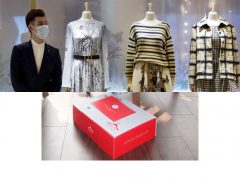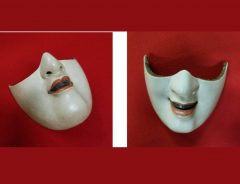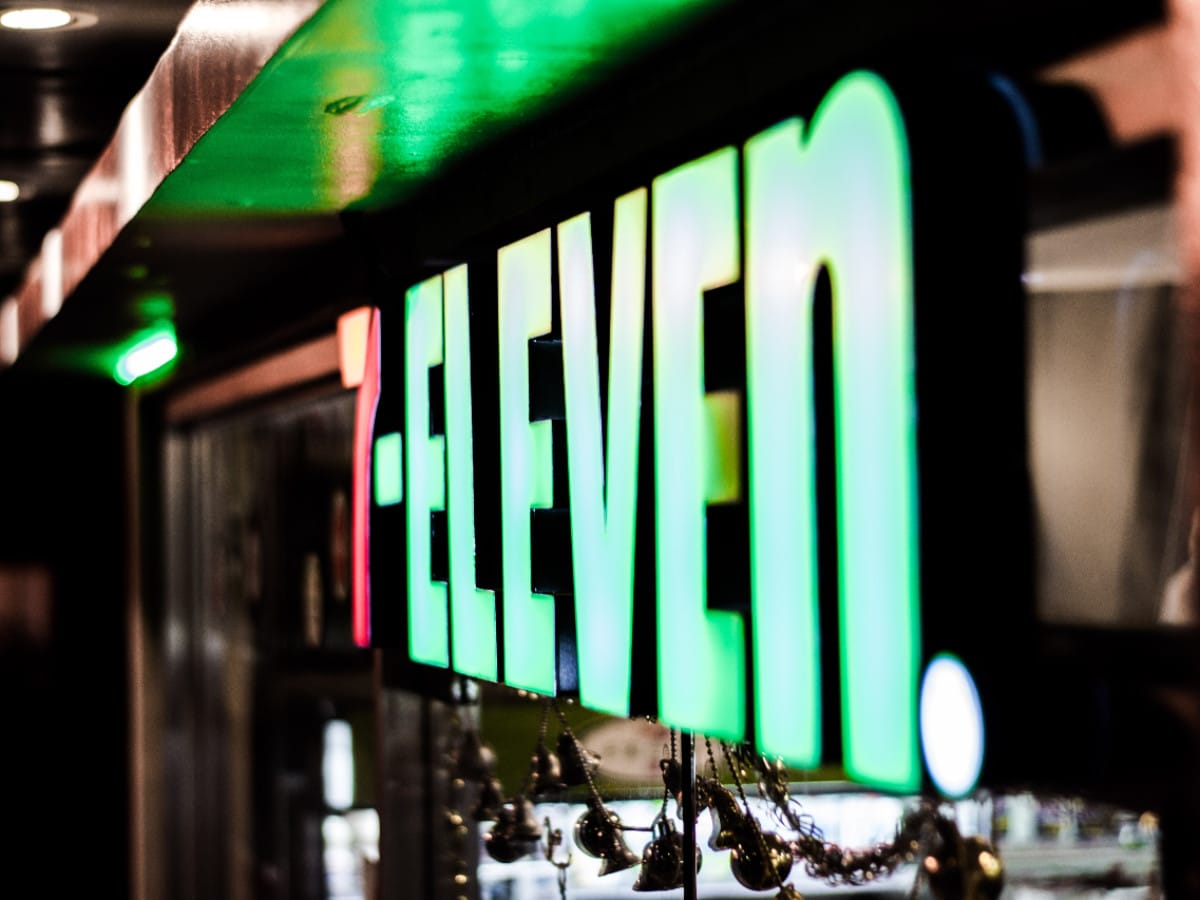- Tags:
- 7-Eleven / coronavirus / COVID-19 / Japanese convenience stores / life insurance / Seven-Eleven
Related Article
-

Unexpected Response After This Starbucks Closed Due to Covid-19 Infected Staff
-

Here are five of the delicious puddings you can buy at 7-Eleven Japan [Product Review]
-

Forced to Stay Home? ‘Air Closet’ Clothing Rental Wants You to Be Fashionable Anyway
-

Feeling lonely during lockdown? Why not have dinner with Naomi Watanabe?
-

Kid Dressed Like This on First Day Back to School During Pandemic
-

Team of Japanese artisans revive traditional crafts with unique masks and face shields



Japanese convenience stores are pretty amazing. Unlike their North American counterparts, they live up to their handle and provide a host of useful services and items beyond 44 oz slushies. Customers can pay bills, make copies, receive packages, buy a relatively healthy full meal, and even pick up some bubble tea.
Nevertheless, like the rest of the retail world, the current pandemic is slamming convenience store profits as customers opt to limit social interactions such as shopping. The Japan Times reported that sales across the industry fell 10.6 percent year-over-year in April. That's the sharpest decline since data collection began in 2005. The drop is hardly surprising since the number of customers is down 18.4 percent from a year earlier.
With a business model based around quick transactions and convenient services, retailers are still serving customers despite difficult times. Owing to the "Brave New World" which businesses currently find themselves in, chains like Seven-Eleven are innovating to meet the challenges posed by COVID-19. Most notably, the franchise has begun offering life insurance to their come and go shoppers.
New Life Insurance Packages
As concerns surrounding the coronavirus continue into summer, convenience store chain Seven-Eleven Japan Co., Ltd. announced it is partnering with MS&AD Insurance Group Holdings, a Japanese insurance provider, to offer life insurance coverage. The move marks another product available from the convenience store chain while limiting in-person encounters for the insurance company.
The affiliated companies began selling cancer insurance in June. While MS&AD usually meets with customers face-to-face to sell insurance, there has been a need to limit in-person contact. To accomplish this, customers will use multi-function machines at 7-Eleven stores to register their personal information and sign up for the insurance. The companies will also establish a 24/7/365 hotline whereby insurance salespeople can further assist customers. Overall, the partnership hopes to attract some 60,000 contracts per year.
Other Developments Due to the Pandemic
As mentioned, convenience stores like 7-Eleven have attempted to stay open as much as possible recently. However, business-as-usual comes with a host of novel challenges during such unprecedented times. Franchises have been forced to adopt several new measures to protect customers as well as staff.
Like many other retailers, Seven-Eleven Japan Co., Ltd. has implemented several social distancing methods meant to limit transmission of the virus. Since April, outlets across Japan have sported makeshift barriers between cashiers and patrons checking out. These partitions are made by hanging plastic curtains over checkout counters creating a kind of makeshift “sneeze guard” between clerk and customer.
7-Eleven and other convenience stores are also marking spots for queuing. With markers about a meter apart, they ensure shoppers maintain a safe distance while checking out. In addition to markers, other retailers have distributed social distancing fliers, while limiting the numbers of individuals allowed into a store at a given time. These moves to limit congestion allow for unfettered shopping, although with a time limit and possibly a wait required beforehand.
Cash is also increasingly viewed as a problem due to a large amount of hand-to-hand contact. Japanese retailers are increasingly relying on coin trays to limit this. Customers place their money in the tray, the staff takes it and returns any change to the tray for the customer. While the system was commonplace in Japan before the pandemic, it is currently more strictly and widely applied.
On the other hand, others are attempting to limit cash payments altogether. Convenience store chain Lawson, Inc. has introduced technology that reduces this unwanted contact. Sales registers at the chain can operate in self-checkout mode during all hours of operation. Lawson is also implementing smartphone payment systems. Shoppers can scan barcodes using their smartphone cameras and pay from anywhere in the store.
With a second wave of the virus looming on the horizon, it seems a "new normal" will be in place for the foreseeable future. As the need to avoid a complete economic shutdown is increasingly recognized, these innovations may help provide a happy middle between safety and economic security.